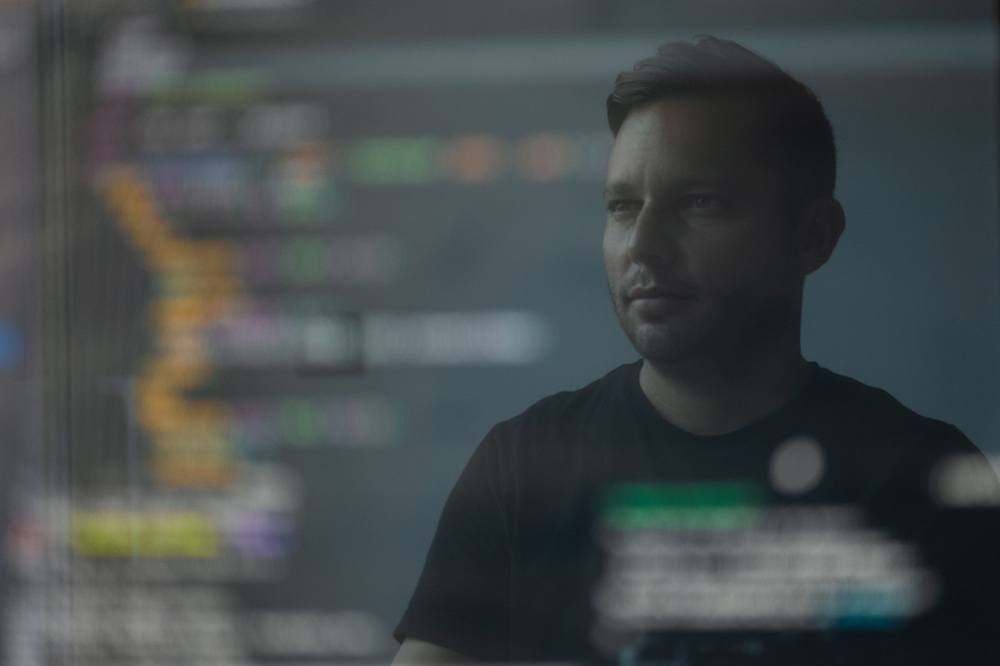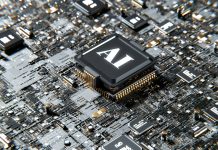Blockchain technology first became widely known with the success of bitcoin. The high-value cryptocurrency has spawned many similar blockchains, most notably Ethereum.
This blockchain made it possible for developers to create applications on the blockchain like casino games and crypto gambling at the best crypto casino through decentralised applications.
Software developers can upskill and become blockchain developers to create their blockchains or applications. There is a lot more use of technology in industries such as finance, healthcare, and educational institutions, which leaves the door open for many attractive job opportunities.
Here is an overview of the knowledge, skills, and processes needed to build a career in blockchain development.
Types Of Developers
Before becoming a blockchain developer, you need to know the two main types of developers. The first is a Core Blockchain Developer, and the second is a Blockchain Software Developer.
A Core Blockchain Developer is responsible for creating the foundation of a blockchain, including the architecture and security protocols. For example, they need to implement protocols relating to decentralising network data and the layout, monitor the blockchain system processes and create consensus mechanisms like Proof-of-Work, or Proof-of-Elapsed-Time.
A Blockchain Software Developer creates and implements smart contracts and decentralised apps (dApps). They use the architecture and protocols created by the Core Developer. For example, they create front-end features of smart contracts, monitor the stack where their dApps operate, and make back-end designs for the blockchain.
Required Knowledge Base On Blockchain Technology
Aspiring blockchain developers need certain knowledge about blockchain technology to succeed. They need to know about specific platforms and tools like Hyperledger, Chaincode (Smart Contracts), Virtual Machines, and coding languages like Solidity.
Hyperledger
Hyperledger is a collaborative project by more than 183 members to create a blockchain framework and codebase.
It is not a cryptocurrency network but provides developers with tools to design their blockchains. It is also a collection of blockchain projects that follow its design standards.
There are many projects currently run on Hyperledger. These include Fabric, Composer, Burrow, Sawtooth, and Explorer.

Fabric is a platform for developers to create blockchain applications and business solutions. This would include tools for implementing blockchain in supply chain management systems and record keeping.
Furthermore, Composer is a collection of tools developers can use to build, test, and run a new blockchain.
Next is Explorer. This is a dashboard that developers can use to maintain, monitor, and search blockchain development data.
Additionally, there is Sawtooth, which uses the Proof-of-Elapsed-Time consensus algorithm. This is different from the Proof-of-Work and Proof-of-Stake consensus protocols. This algorithm uses random countdowns to determine who owns a block on a blockchain.
Chaincode
Chaincode or smart contracts are protocols that allow for the autonomous execution of contracts. This means that these contracts are self-executing and only need the transacting parties to adhere to the conditions of the contract. After that, the smart contract analyses and verifies the parties’ information and executes the contract.
Moreover, smart contracts need to adhere to specific properties on a blockchain to ensure security and maintain the integrity of the blockchain.
The first property is deterministic. The smart contract must be consistent across all the nodes on the blockchain network. This is why the program needs to be deterministic. This means that a single input in the program yields the same output. For example, 1+6 = 7 across the network.
The second property is terminable. A smart contract needs to be terminable. All contracts have a termination date, but smart contracts are programs and have a concept called the halting problem. It states that it cannot be determined when a program will cease functioning. This is a problem for smart contracts, but there are a few solutions.
These include a predetermined timer, which sets a date when the smart contract stops running, or a step and a fee meter that counts the number of steps in the contract and terminates when all steps are completed.
The final property is isolated. Smart contracts need to be isolated from the rest of the blockchain network because anyone can upload a smart contract to the network. These might contain viruses or bugs, so developers need to isolate the smart contract in a sandbox for security purposes.

Solidity
Solidity is a programming language. The developers of Ethereum created it to create and implement smart contracts on the Ethereum blockchain.
It is designed around JavaScript, so software developers familiar with Java can adjust to Solidity quickly.
Developers develop smart contracts using Solidity on the Ethereum Virtual Machine. Developers can use Solidity on the Ethereum, Tendermint, and Ethereum Classic blockchains.
Solidity has real-world applications based on smart contracts. For example, it can be used in voting. With a smart contract, governments can avoid fraudulent votes through this technology.
Developers can also use Solidity to write code for crowdfunding and blind auctions on the blockchain.
Skills Needed For Blockchain Development
There are certain skills a blockchain developer needs to have. First, they need to know how to design blockchain architecture. This includes the structure and operation of the blockchain.
Next, they need to know how to develop smart contracts using network languages like Chaincode and Solidity.
Furthermore, seeing that blockchain uses cryptography, developers need to know cryptography. For example, they must know hashing, data structures, signatures, and mining. This is important for Core Developers because they need to create the consensus mechanisms of the blockchain.
Additionally, they need experience with web development and coding. They should know how to handle the front-end and back-end—for example, designing graphical user interfaces for dAPPs, and API handling.
Lastly, they must be proficient in many coding languages like Python, C++, and others. Also, they need to know the operations of the most popular blockchains like bitcoin and Ethereum. The latter is essential for developers as Ethereum is a programmable blockchain.
The Blockchain Development Process
Any budding blockchain developer needs to understand and study the development process. Blockchains require certain characteristics to run effectively. A new blockchain needs to satisfy four main properties.
Firstly, A blockchain needs to be highly secure. A developer must ensure that the blockchain is not buggy or vulnerable to cyberattacks. A blockchain’s code is open source so anyone can monitor for bugs on the network. Of course, if a malicious node (hacker) in the network finds a bug or vulnerability, they could steal millions of dollars worth of cryptocurrency.

Secondly, they need to manage their equipment and network demands. They should determine the scope of the blockchain and scale the network accordingly or risk falling behind on development or operations.
Thirdly, developers need to keep the blockchain running at peak performance. They can do this by deploying a versatile programming language. It should be able to execute parallel and non-parallel functions on the blockchain.
Lastly, the blockchain needs to be deterministic, and its functions need to be isolated. This means that functions need to behave consistently throughout the blockchain network. Accordingly, to make a blockchain deterministic, functions need to be isolated from non-deterministic functions.
For example, a smart contract must be deterministic (two parties meet criteria, and then the contract executes). At the same time, other functions, like transactions, should not be deterministic.
Career Opportunities As A Blockchain Developer
Blockchain is an exciting technology that has already skyrocketed the popularity of cryptocurrency. The idea of a decentralised ledger for storing records and processing transactions has banking institutions and other enterprises thinking about implementing blockchain for their systems.
For example, healthcare, finance, tech, and education companies are hiring software engineers and developers to create blockchain networks.
A qualification in computer science and blockchain technologies has the following opportunities:
Companies need blockchain developers to create and implement a blockchain. They also seek blockchain engineers who can adapt the technology to meet a company’s needs.
Next, companies need blockchain information security analysts who develop and monitor the security of the blockchain network. Security is vital for blockchains, so there is a demand for a developer who can ensure the network’s security.
Accordingly, blockchain quality engineers also test and report on the integrity and operation of a blockchain before it is put into use. There are standards in blockchain development, so companies need qualified engineers to help uphold them.
Finally, there are blockchain project managers. They manage the entire blockchain project and should have a general and specialised knowledge of blockchain technology.
Many related positions are available for those looking for a career in the blockchain industry. They range from design, marketing and law.

Final Thoughts
Blockchain development requires a knowledge of computer science and programming. An aspiring developer must understand the blockchain process, Hyper Ledger, smart contracts, and popular blockchains like Bitcoin and Ethereum.
They could become either a Core or Software Blockchain Developer. One requires creating the foundation of the blockchain, the other the front-end and back-end.
They also need a varied knowledge of coding languages like C++, Chaincode, and Solidity.
Finally, there are many career opportunities for anyone looking for a job in the blockchain industry.














